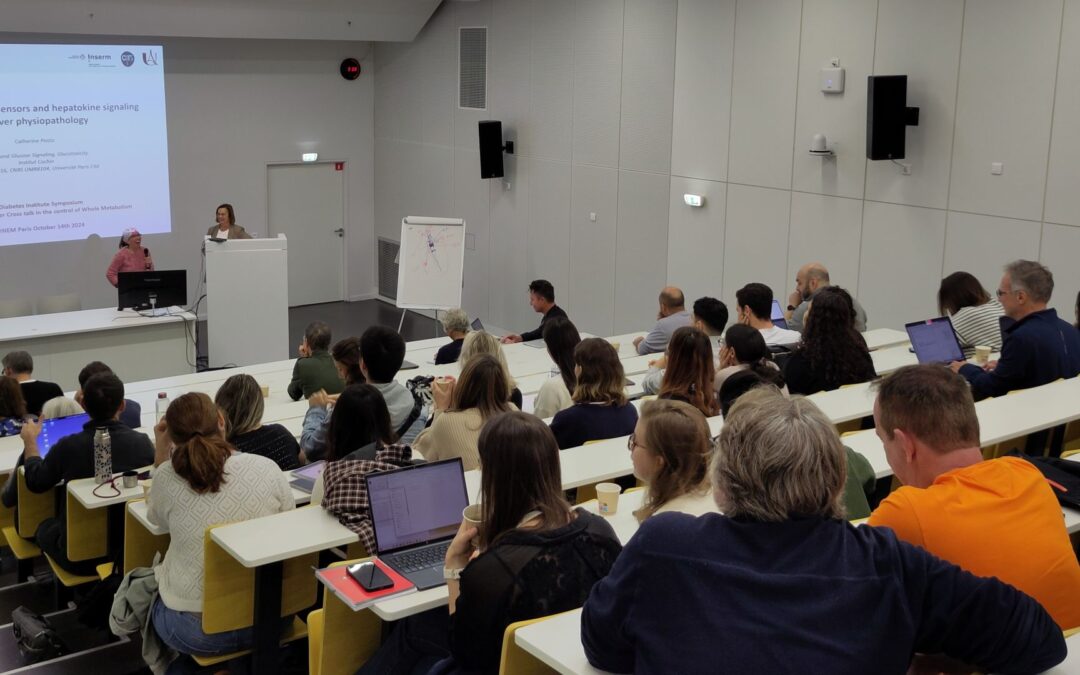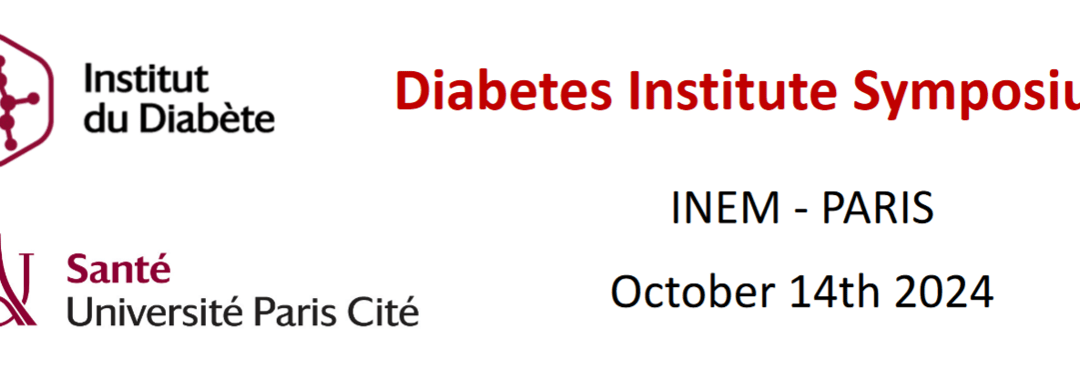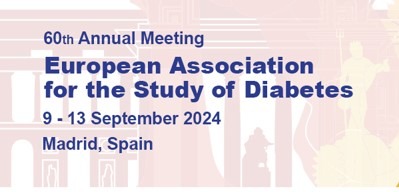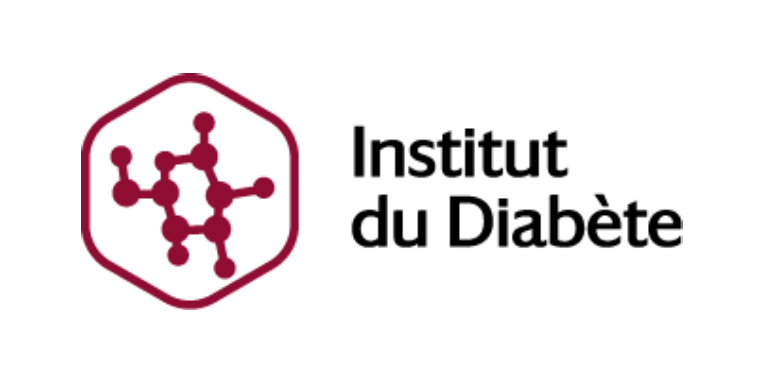Plasticity of gastrointestinal mucosa in nutritional pathologies and after surgery
PIMS stands for Plasticity of gastro-intestinal mucosa in nutritional pathologies and after surgery.
We gather physiologists of the gastro-intestinal tract, basic scientists and clinicians (digestive surgeons, gastroenterologists and nutritionists) to develop basic and transitional researches to study gastrointestinal adaptations in response to obesity, surgical remodeling, and nutritional status.
PI: Maude LE GALL

PIMS Team in 2020
From left to right : D Atger, B De Dreuille, S Fourati, A Bado, M Le Gall, C Baratte, S Ledoux, J Le Beyec Le Bihan, A Willemetz, L Ribeiro-Parenti, A Vaugrente.
Our team focus on the contribution of the gastrointestinal tract to nutritional pathologies including obesity, which is often associated with comorbidities such as type 2 diabetes or non-alcoholic fatty liver disease (NAFLD). The pharmacotherapy of obesity remains inconstant and today bariatric surgeries that are remodeling of the gastrointestinal tract are the only effective treatments when obesity becomes morbid. While these surgeries are generally extremely beneficial, we have reported that they can lead to intestinal failure, with severe malnutrition, microvesicular steatosis, and acute liver failure (Lancet. 2013).
We set up unique rat models of bariatric surgeries as vertical sleeve gastrectomy (VSG), Roux-en-Y gastric bypass (RYGB), one-anastomosed gastric bypass (OAGB and most recently Sleeve gasteectomy with Transit Bipartition (SGTB).
Combining experimental research in these preclinical models with clinical studies, we identified differences in intestinal adaptation that contribute to improved glucose homeostasis after RYGB vs VSG-type bariatric surgeries (Gastroenterology 2016; Trends Endocrinol Metab. 2017).
In all these studies, we highlighted the plasticity of the gastrointestinal tract epithelial cells and its consequences on intestinal functions (Nutr Rev. 2019).
We are now extending our studies to both side of the intestinal epithelium: the mucosa layers containing the intestinal immune cells versus the luminal microbiota. Our goal is to determine the functional consequences of changes in immune cells and microbiota on intestinal epithelial cell function (iMAT project funded by ANR).
Finally, “omics” studies of the intestinal mucosa in preclinical models and in patients will allow to identify new biomarkers and therapeutic targets to complement or replace surgery
Main Publications
Cavin JB Couvelard ALebtahi R Ducroc R Arapis K Voitellier E Cluzeaud F Gillard L Hourseau M Mikail N Ribeiro-Parenti L Kapel N Marmuse J-P Bado A Le Gall M. Differences in Alimentary Glucose Absorption and Intestinal Disposal of Blood Glucose After Roux-en-Y Gastric Bypass vs Sleeve Gastrectomy. Gastroenterology. 2016 Feb;150(2):454-64
Jarry AC Merah N Cisse F Cayetanot F Fiamma MN Willemetz A Gueddouri D Barka B Valet P Guilmeau S Bado A Le Beyec Le Bihan J Bodineau L Le Gall M Neuromedin U is a gut peptide that alters oral glucose tolerance by delaying gastric emptying via direct contraction of the pylorus and vagal-dependent mechanisms. FASEB J. 2019 Apr;33(4):5377-5388
Siebert M Ribeiro-Parenti L Nguyen N.D. Hourseau M Duchêne B Humbert L Jonckheere N Nuel G Chevallier J-M Duboc H Rainteau D Msika S Kapel N Couvelard A Bado A Le Gall M Long-term consequences of one anastomosis gastric bypass on esogastric mucosa in a preclinical rat model Scientific Reports 2020 Apr 30;10(1):7393
Ribeiro-Parenti L Jarry A-C Cavin J-B Willemetz A Le Beyec Le Bihan J Sannier A Benadda S Pelletier A-L Hourseau M Léger T Morlet B Couvelard A Anini Y Msika S Marmuse J-P Ledoux S Le Gall M Bado A Bariatric surgery induces a new gastric mucosa phenotype with increased functional glucagon-like peptide-1 expressing cells Nature Communications 2021 Jan 4;12(1):110
De Bandt D Rives-Lange C Frigout Y Bergerot D Blanchard A Le Gall M Lacorte J-M Chevallier J-M Czernichow S Poghosyan T Carette C Le Beyec Le Bihan J Similar Gut Hormone Secretions Two Years After One Anastomosis Gastric Bypass and Roux-en-Y Gastric Bypass: a Pilot Study. Obes Surg. 2022 Mar;32(3):757-762
Last news

Post Doctoral Position
Fully funded 2-year Post-doctoral position in the team of Dr. Ralf JOCKERS, at Institute Cochin

2024 Scientific Annual Day of the Diabetes institute
On Monday, October 14th, the annual Diabetes Institute Scientific Day took place, bringing together around 100 participants at the INEM. Opening of the Annual Scientific Day of the Diabetes Institute Maude LE GALL - Co-Director of the institute (left) Catherine POSTIC...

Diabetes Institute scientific day
The overall goal of this Diabetes Institute scientific day is to provide the most important and up-to-date research in the field of metabolism made at University Paris Cité. The workshop will focus on understanding the recent progress in adipose tissue and liver biology including metabolic and inflammatory processes in the control of the energy homeostasis. Special emphasis will be done to highlight the importance of the organ crosstalk and how signaling pathways in one tissue could affect the metabolism in other tissue.

Les jeunes de l’IHM seront à l’EASD
L’IHM Diabète est heureux d’aider les jeunes à participer à l’EASD en leur attribuant une bourse de 1000€
Rendez-vous en Septembre à Madrid !
